Class of 2017
Evangelia Argyrou (Greece), Henry Bradley (UK), Sebastian Clark (US/UK), Sophie Dyer (UK), Sami Hammana (NL), Linda Kinstler (US), Conor Lorigan (NZ), Fadi Mansour (Lebanon), Greg McLaren (UK), Rosa Rogina (Croatia), Eeva Sarlin (Finland), Solveig Suess (China), Lua Vollaard (NL), Leonie Weber (Germany), Oren Ziv (Israel)
Reinterpreting Stereotypes
Evangelia Argyrou (FA)

My research explores the concept of stereotypes as a process linked to the transformation of space and as a strategy to generate value and to solidify social conditions. It analyses signs, representations and repetitive practices in the Aegean Archipelago, human conflicts and the act of inhabiting, as a means to delve into its current condition. The Greek society is ‘in becoming’ unveiling the antinomies and tensions inherent in the coexistence of potential economic development and nostalgia-driven models, it is a platform where multiple desires, expectations and forces clash, and where an icon is constructed and deconstructed at the same time.
Managed Imaginaries: A Crisis of Anticipation
Henry Bradley (RA)

My practice is located at the intersection of cinema, theatre and performance art. My research has followed processes of live rehearsal as they continue to move from theatre into contemporary forms of preparation for future events. Although used most evidently within medical and military fields, the phenomena of simulation and virtuality are increasingly found within a range of more intimate moments in both public and private sectors. Exploring these moments of preparation, a series of pressures, imaginaries, policies and desires begin to emerge, as the subject or event becomes constructed through various forms of capitalist-pedagogy.
View Glossolalia video here.
View Glossolalia video here.
Earth-Writing
Sebastian Clark (FA)
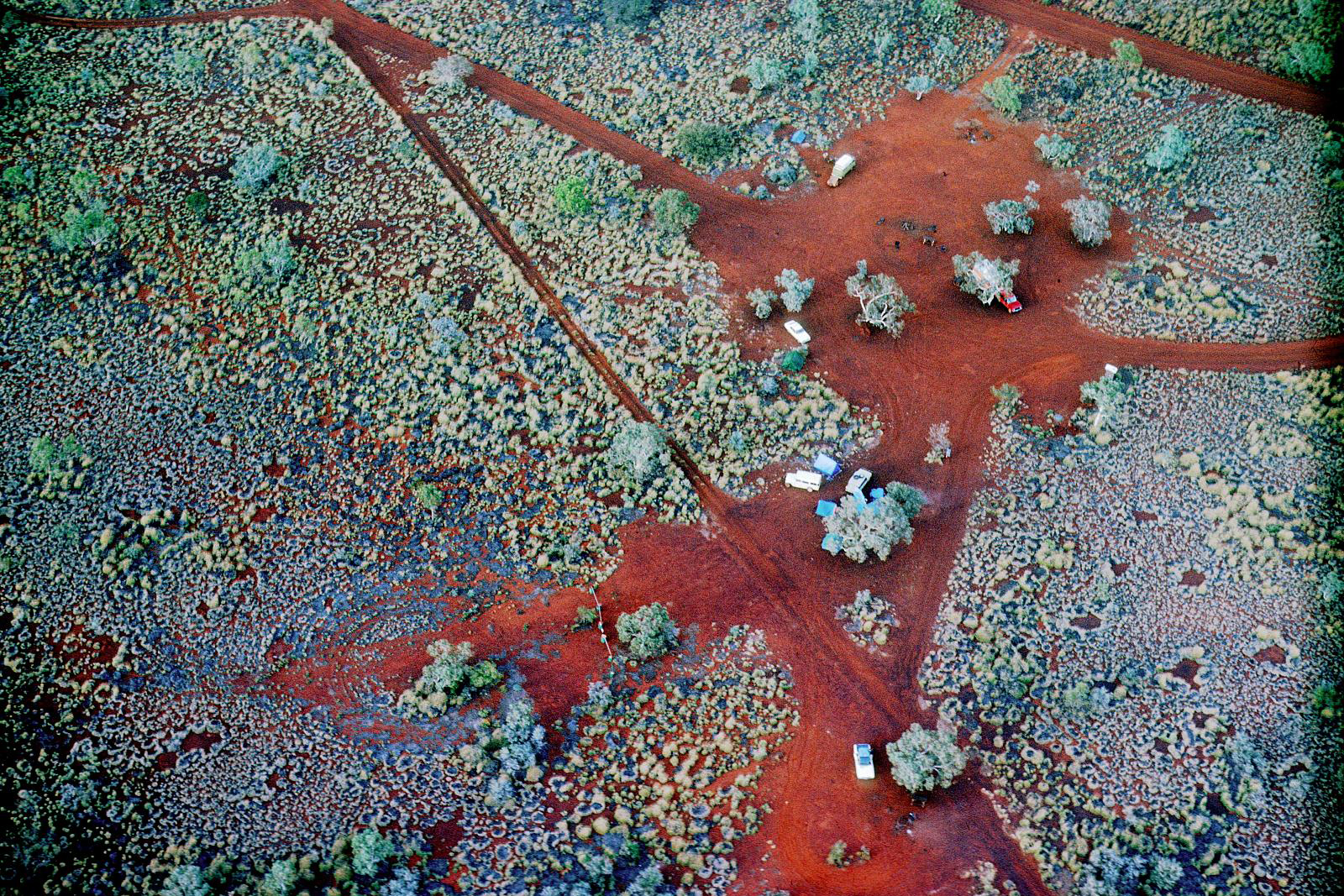
My research examines geography as a discipline in image-making. After all, geography means ‘earth-writing’: it is the written practice of interpreting and imagining the Earth and its natural processes. As is evidenced by its historical implication in colonial networks of power, geography is never apolitical. Writing (or depicting) earth always determines how the Earth’s surface is written upon, inscribed by patterns of land use and systems of property. In pursuit of a new environmentalism, I examine modes of earth-writing that can visualise invisible processes of violence and establish alternative forms of coexistence.
Geofinance: Spatial-material Derivatives
Sami Hammana (RA)

The 2007-2008 financial crisis unfolded several narratives of how capital-power restructures society, but one fact is remarkable, namely that the derivative market holds more wealth than the combined GDP of all nation states on earth. If this is true then the actual restructuring powers will not be within nation states anymore, but rather in the derivative market itself, thus contradicting the commonplace argument that derivative finance is ‘immaterial’. This project suggests that derivatives have material and actual spatial ramifications, rendering finance as having a spatial materialist ontology and effectively positioning derivative finance as a key player in the Anthropocene.
Memory After Forensics
Linda Kinstler (FA)
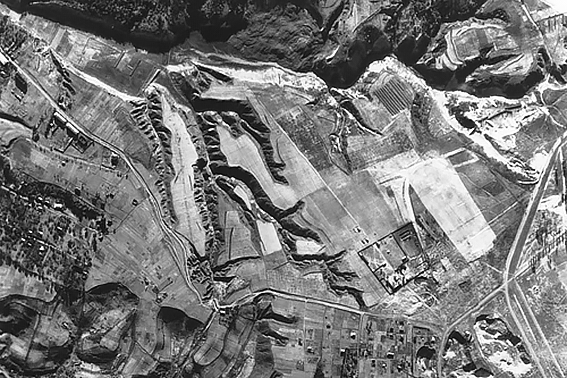
My research explores the memorial techniques applied to sites of atrocity in Eastern Europe, particularly sites of forensic interest, with the aim of probing how forensic researchers approach the delicate 'topography of terror'. My work focuses on Babi Yar, outside Kiev, Ukraine, specifically, investigating the history of archaeological erasure and violence that still haunt the soil of the former ravine. My research questions how the digital turn in forensic aesthetics alters the practice of memorialization, and how techniques like virtual and augmented reality have been mobilized for investigative, memorial, and archaeological ends.
Dream Land: The Techno-engineered Restitution of a Disfigured Landscape
Fadi Mansour (RA)

My research explores the libidinal and financial dimensions of the construction of new territories created by accumulations of waste landfill in areas of conflict. I explore these sites as examples of an on-going post-traumatic urban condition. In Lebanon, the prolonged waste management crisis permeates familiar surroundings with a lingering toxicity. If the material destruction of war impacts upon buildings and cities, the trash crisis takes a hold of what has been seemingly spared: the air, water and soil. Land reclamation becomes a project of restitution, looking towards the clear horizon and turning away from the disfigured landscape.
Croatian Landmine Crisis: Environmental Harm in Delay
Rosa Rogina (FA)

My research explores implications of humanitarian
de-mining and land management in post-conflict Croatia. Utilising Andrew
Barry’s exploration of material politics, this project approaches the de-mined
soil from the area not as an isolated material but as a part of “dynamic,
informed assemblages”. Using the case of the Croatian War of Independence in
the early nineties, this project aims to develop new aesthetic tools and ways
of mapping the environmental violence of de-mining. In constructing this
extended temporal framework of the conflict, I challenge the issue of who
should be accountable for the damage caused.
The New Nokia: Futurities of Mining in Finnish Lapland
Eeva Sarlin (FA)
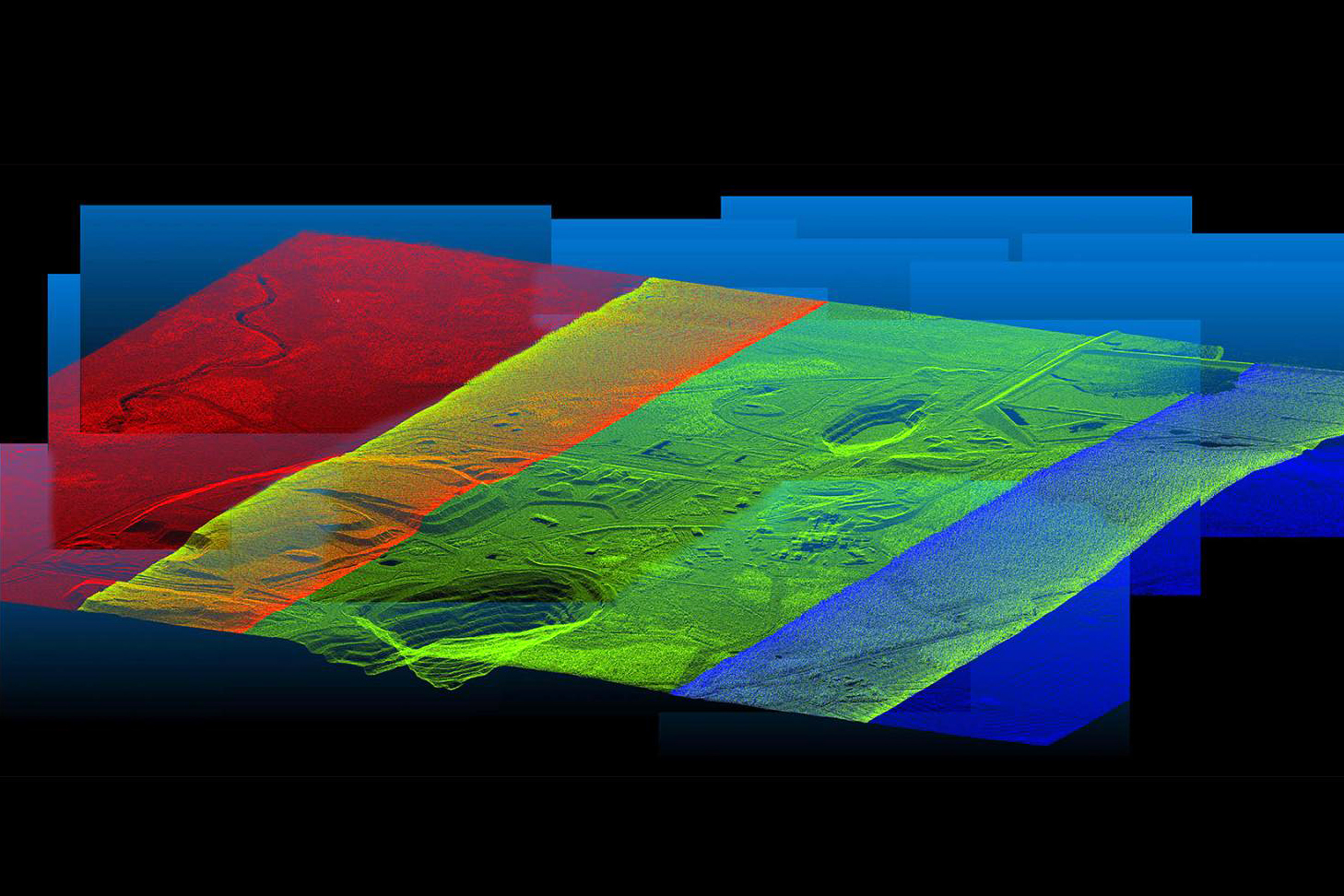
My research looks at mining in Finnish Lapland and the so-called new Nokia as identified by the President of Finland. As global mineral resources become scarcer, Finland has actively embraced extractivist developments. It has huge mineral wealth and amongst the lowest effective taxations on mining internationally. Inspired by Rob Nixon’s notion of “slow violence”, I explore the extent of mining and the environmental destruction caused by the new Nokia. My focus is on the Kittilä Suurikuusikko mine, the biggest gold mine in Europe, operated by a Canadian mining company.
Alibis and Aliens
Solveig Suess (RA)

My research finds its urgencies through the various cosmologies which co-construct global supply-chains, weighed by histories of development and imperialism. Focusing on the Hewlett-Packard designed “New Silk Road”, I explore mechanisms of modulation and forecasting that have become central drivers of violent re-organisations of geographies; where control over time and motion is calculated to serve a desire of unhinged flow for some and increased regulation for others. My practice is comprised of both documentary and imaginary counter-narratives, which look at how seemingly disparate sequences collude together into unsettling these streamlined operations and imagining alternative futurities of worlds, however temporary.
Para-sites or Common Toxicity: The Marginalization of People, Soil and other Entities in the Urban
Leonie Weber (RA)
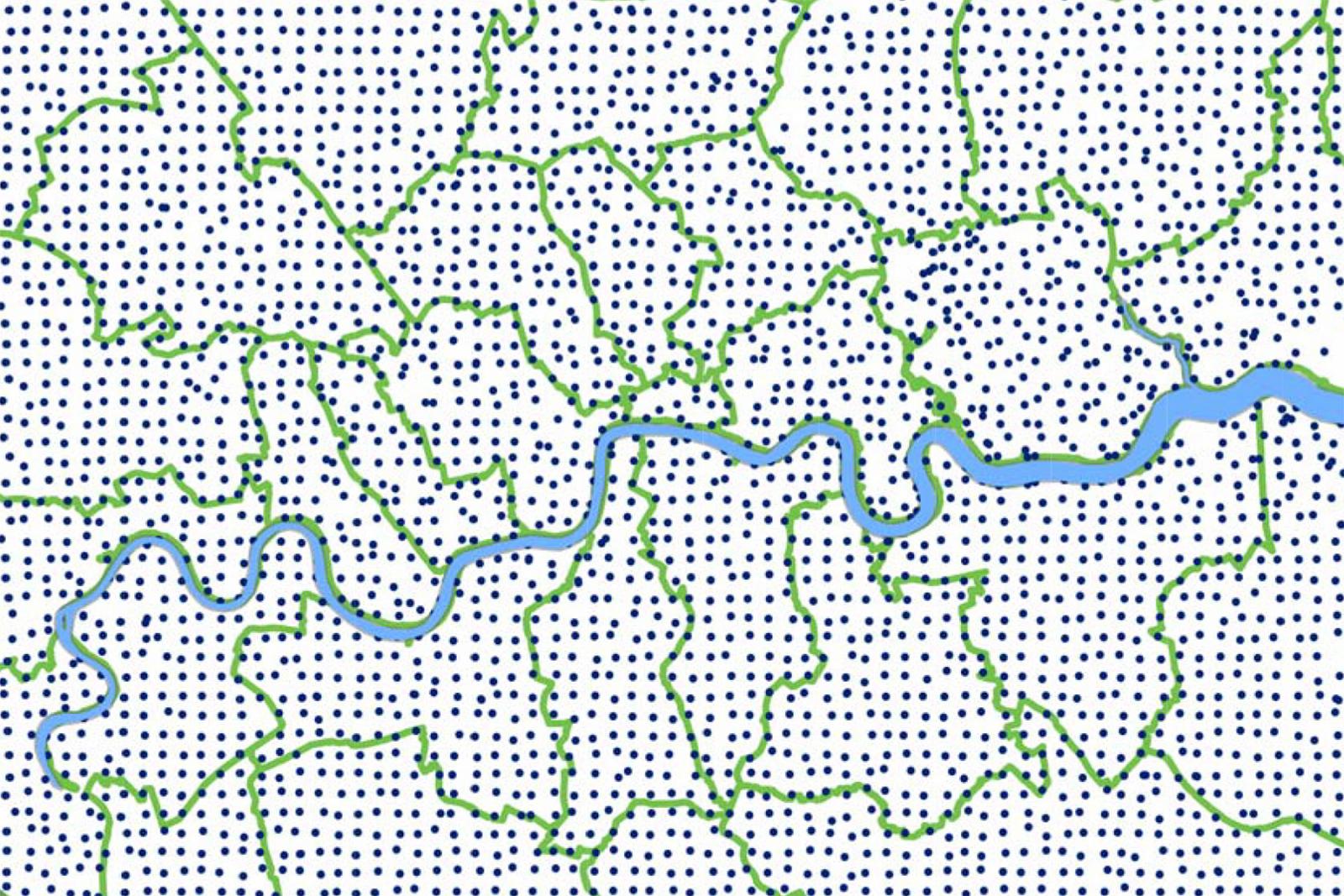
With the disappearance of the outside and the acknowledgement of ubiquitous entanglement we must rethink our understanding of mutuality. Reciprocity is multi-dimensional and relationships are not necessarily apparent. The intangibility of interconnectedness exceeds scales of time, location and space perceivable to individuals and societies. By using the different meanings of para- as a vantage point I investigate three fields: empathy, toxicity and architectural activism. I aim to discover how the marginalisation of entities in the urban context are exposed to similar dynamics, and in return how their juxtaposition might offer a different perspective on precarity and the organisation of space.
The Facebook Prisoners
Oren Ziv (FA)
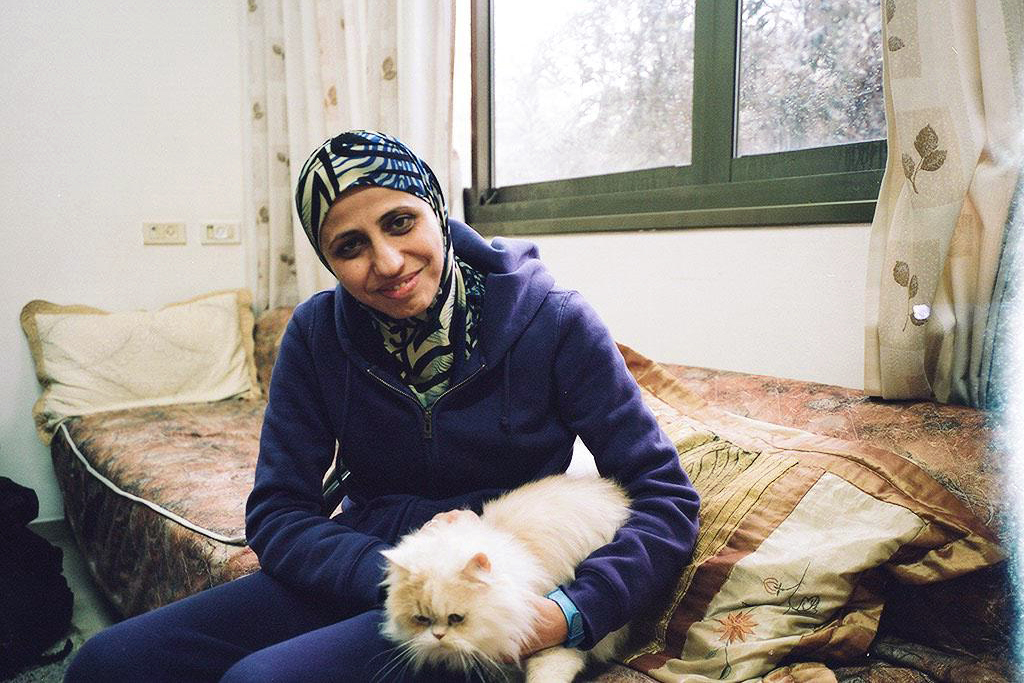
My research focuses on Israel’s use of social media in order to arrest, prosecute, and jail Palestinians. I investigate how data and algorithms become part of the policing methods used against Palestinians, and how this impacts upon the translation and reading of images and texts posted by them. In considering how authorities engage with Palestinian social media posts, I argue that the algorithm, the policemen, the judge, and the prosecutor all affect the way in which cases are being processed; creating a framework that allows almost any Palestinian activity on social media to be determined ‘incitement’.
ActiveStills
ActiveStills